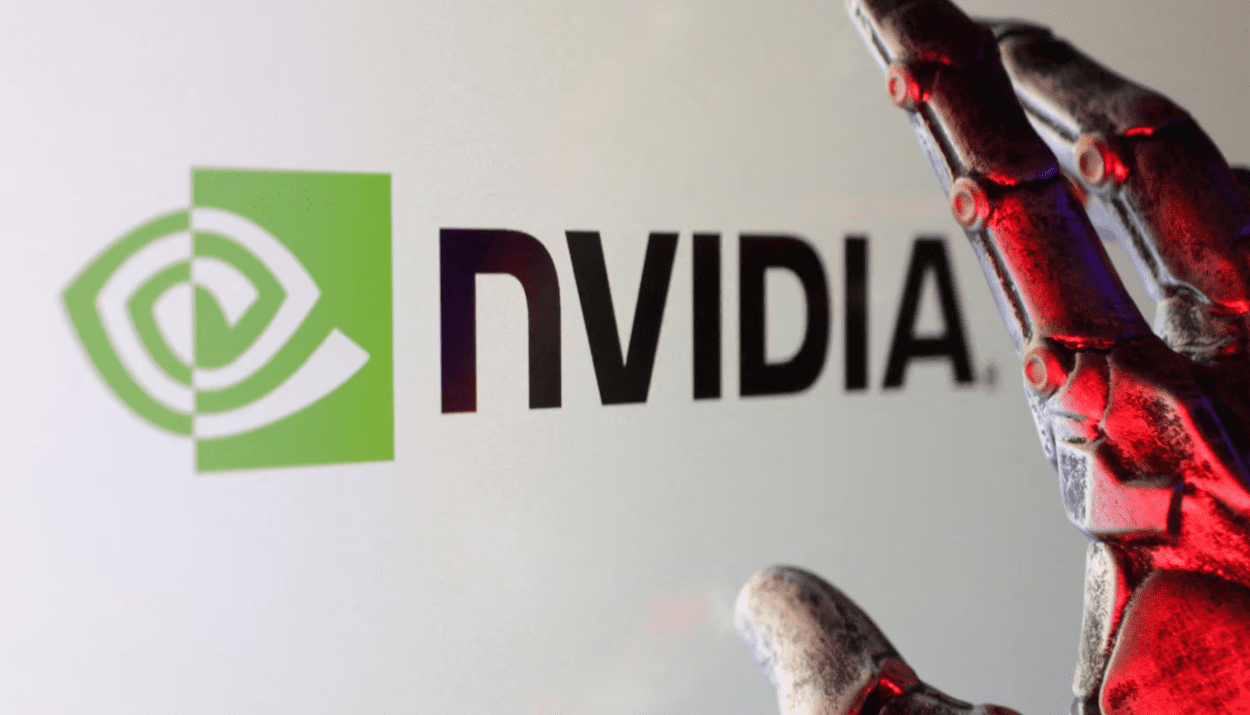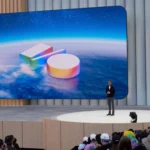Nvidia CEO Jensen Huang delivered a scathing critique of the Biden administration’s AI export controls and lauded President Donald Trump’s plan to roll back those restrictions. Huang called the original policy a “failure” that significantly weakened U.S. companies’ positions in China.
Speaking on the sidelines of Computex 2025, one of the world’s premier tech events, Huang warned that efforts to isolate China from U.S. AI technology have backfired, helping China foster its own thriving AI ecosystem and allowing domestic companies like Huawei to flourish.
“All in all, the export control was a failure,” Huang told reporters Wednesday in Taipei.
“The fundamental assumptions that led to the AI diffusion rule… have been proven to be fundamentally flawed.”
Billions Lost — and Market Share with It
Under President Biden, the U.S. imposed a three-tiered regime of export controls aimed at curbing China’s access to advanced AI chips and manufacturing tools. Biden officials said the move was necessary to prevent potential military applications of U.S. technology.
But Huang argues that the policy severely undermined U.S. competitiveness.
“At the start of the Biden administration in 2021, we controlled nearly 95% of China’s AI chip market. Today, that number is just 50%,” he said.
Nvidia reported last month that it would write down $5.5 billion worth of H20 chips—AI processors originally designed to comply with the previous U.S. export limits—after the Trump administration announced even tighter restrictions on those models.
Huang now estimates the total cost from H20-related restrictions could reach $15 billion.
Trump’s “Great Reversal” Applauded by Huang
Last week, the Trump administration confirmed it plans to rescind parts of the Biden-era curbs, replacing them with a global licensing regime structured around government-to-government agreements. That system, White House officials argue, could offer more flexibility while preserving national security leverage in future trade talks.
Huang, who recently joined Trump on a tech delegation to the Middle East, openly supported the reversal.
“President Trump realizes it’s exactly the wrong goal,” Huang said of the earlier export bans.
“He sees it very clearly that the race is on. And if the United States wants to stay ahead, we need to maximize and accelerate diffusion, not limit it — because somebody else is more than happy to provide it.”
China’s Response: Rebuild, Reinvent, Compete
Huang noted that China’s domestic chip industry and state-backed investment have surged in response to U.S. pressure. He estimates China has poured more than $150 billion into chip development over the past decade.
“The local companies are very, very talented and very determined,” Huang said.
“The export control gave them the spirit, the energy, and the government support to accelerate their development.”
He emphasized that China now hosts about 50% of the world’s AI researchers and is on track to build a $50 billion AI market by next year.
“Those companies would love for us never to go back to China,” he added.
US-China Trade Tensions Resurface
Beijing has responded aggressively to the latest U.S. guidance warning firms worldwide against using Chinese-made AI chips, including Huawei’s Ascend, without explicit U.S. authorization.
On Monday, China’s Ministry of Commerce said the move “seriously undermines” the recent tariff de-escalation agreed upon by both countries in Geneva.
And on Wednesday, the ministry escalated further, accusing the U.S. of:
- “Abusing export controls to suppress and contain China”
- “Unilateral bullying and protectionism”
- Threatening to invoke China’s anti-foreign sanctions law against any entity involved in enforcing the U.S. guidance
The Strategic Risk for the U.S.
While national security officials in Washington maintain that the curbs were designed to slow China’s military-industrial AI ambitions, Huang questioned whether the policy produced any strategic gains — while clearly incurring economic losses.
“I really do hope that the U.S. government recognizes that the ban is not effective,” he said.
“And give us a chance to go back and win the market as soon as possible.”
Nvidia remains the global leader in AI chips, but Jensen Huang’s comments underscore a deeper concern in the tech sector: that restrictive U.S. policies may be doing more harm than good, empowering Chinese competitors and costing American firms billions in lost opportunities.
With a market increasingly fractured by technonationalism, and China rising fast with a self-reliant semiconductor ecosystem, Nvidia — and other U.S. firms — are now racing not just for profit, but for access.
And as Huang put it bluntly: “The race is on.”e stakes couldn’t be higher—for the tech sector, trade diplomacy, and the global AI race.
Disclosure: This article does not represent investment advice. The content and materials featured on this page are for educational purposes only.
Related:
White House: China Will ‘Absorb’ Tariffs — Not US Consumers
Bostic Warns on Moody’s Downgrade, Inflation Risk — Leans Toward One Cut
Nvidia Expands in China & Taiwan as US Export Rules Tighten
Earnings Calendar, Fed Speech, Housing Data: What to Watch This Week
UK overtakes China as second-largest US Treasury holder
CERN Scientists Turn Lead into Gold — Why This Is Bigger Deal for Bitcoin Than You Think
Nvidia, Cisco, Oracle and OpenAI are backing the UAE Stargate data center project
Trump vs. Tim Cook: Apple’s Global Strategy Sparks Debate Over Economic Patriotism and AI Security
US and EU break impasse to enable tariff talks
China Tightens Control Over AI Data Centers
Trump: US will set new tariff rates, bypassing trade negotiations










